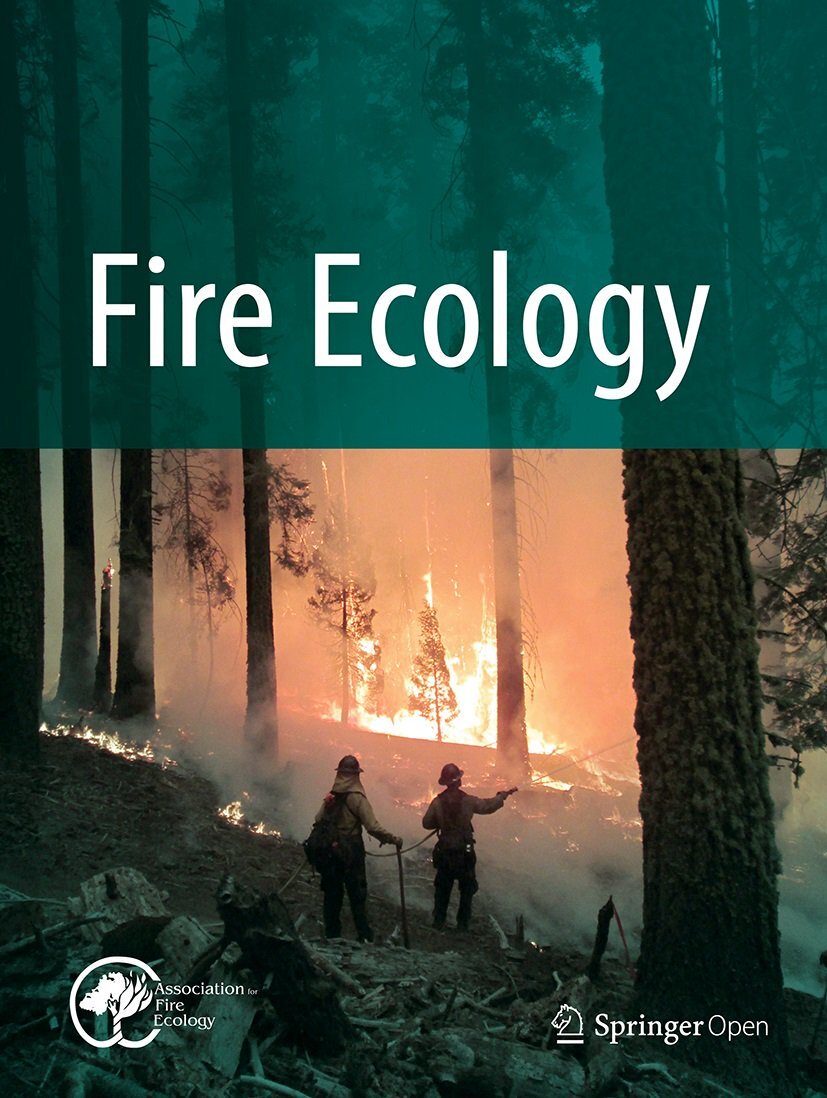Location: University of Florida, West Florida Research and Education Center
Anticipated Start: Fall 2024
Anticipated Salary: $25,000 plus tuition waiver
Application Deadline: July 15th, 2024
Position Description: Globally, invasive species cause trillions of dollars in damages to ecosystem services, including agricultural production and biodiversity, and these damages will only increase as climate change progresses. Invasive species can interact with and disrupt the ecological processes that drive ecosystem dynamics, jeopardizing natural resource and ecosystem service delivery. The student will lead field experiments assessing the impacts of cogongrass (Imperata cylindrica), an invasive perennial grass, on longleaf pine regeneration and fire-induced mortality, as well as the interactive effects of prescribed burning in different seasons and cogongrass herbicide treatments on factors such as fire behavior, forest plant communities, arthropod and pollinator abundance, or soil microbial communities. The student will be expected to lead field work, conduct quantitative statistical analyses, present their findings at relevant scientific conferences, complete relevant course work, and publish their findings in the peer-reviewed literature. The student will work closely with students and scientists from other labs at the University of Florida and USDA scientists located in Montana as part of a national team.
Preferred Qualifications: The successful candidates will have a BS in ecology or a related field, a valid driver’s license, experience with plant identification, R, and field work experience. In addition, they will have strong writing, communication, leadership, and organization skills and the ability to work independently and as part of a team. Please submit a cover letter explaining why you are pursuing a graduate degree and why you believe our lab is the right fit for you, plus a CV, unofficial transcript, and two references to Carissa Wonkka at c.wonkka@ufl.edu. Submit documents as a single PDF file named “[your last name]_MS cogongrass.pdf”.
About us: The Wonkka Lab employs multi-scale experiments (from greenhouse to watershed) to assess the response of functional processes, energy flows, biotic relationships, and biotic-abiotic interactions within ecological communities, including their human populations, to common restoration and management techniques. We design studies to understand the interactions among processes (i.e., biogeochemistry, hydrology), vegetation (structure and composition), soils (chemical, physical, and biological), insects, animals, and human decision-making that underpin complex social-ecological system dynamics. Our research supports long-term sustainable coastal ecosystem restoration and management that is resilient to global-change related shifts in biophysical and environmental conditions, socio-political conditions, and disturbance regimes.

